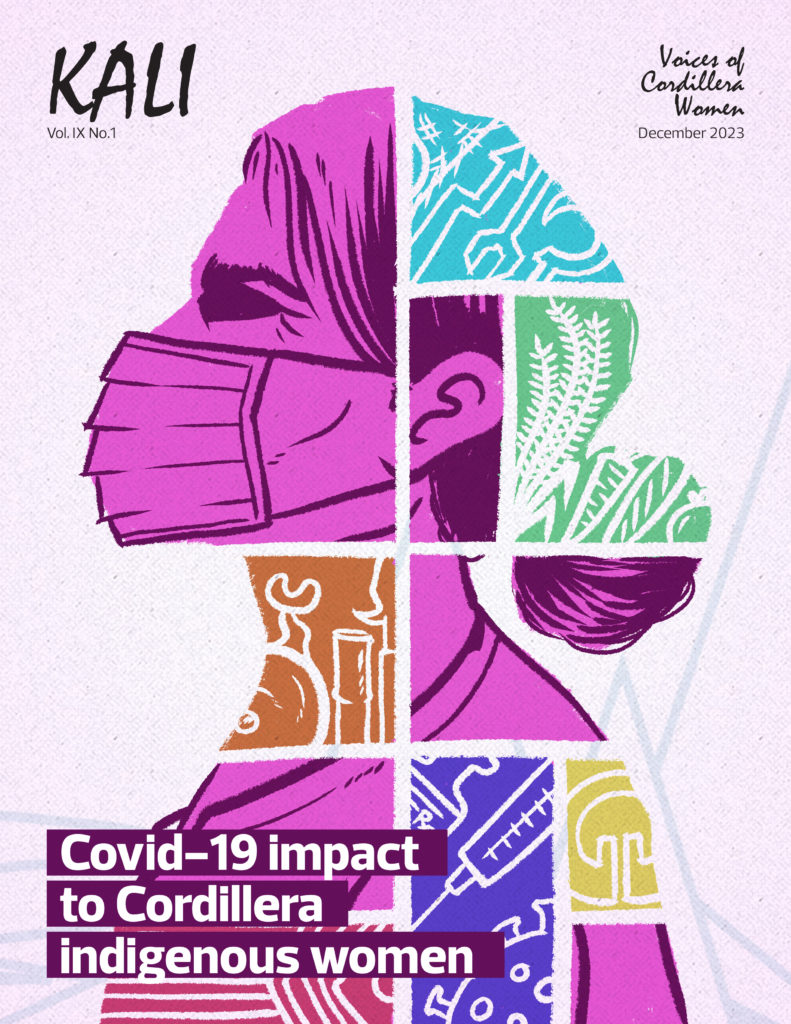INTRODUCTION
The Coronavirus disease (COVID-19) is an infectious disease caused by the SARS-CoV-2 virus. The World Health Organization (WHO) underscores that “most people infected with the virus will experience mild to moderate respiratory illness and recover without requiring special treatment, while some will become seriously ill and require medical attention. Older people and those with underlying medical conditions like cardiovascular disease, diabetes, chronic respiratory disease, or cancer are more likely to develop serious illnesses. Anyone can get sick with COVID-19 and become seriously ill or die at any age.”
The first suspected case in the Philippines was investigated on January 22, 2020, involving two Chinese nationals on vacation in the country.2 Barely Four months later, the first known Covid positive case in the Cordillera Administrative Region (CAR) was reported in May 2020—an overseas Filipino worker who arrived from the United Arab Emirates in his hometown in Manabo, Abra.3 By November 11, 2021, the Department of Health Cordillera Center for Health Development (DOH-CHD) had reported a total of 92,221 Covid positive cases in CAR, with Benguet province having the highest number of active cases at 940.4 Disaggregated data according to sex is not available from official government records.
While it is true that the impact of the pandemic cuts across individuals from all walks of life, COVID-19 disproportionately affects the poor and vulnerable, including Indigenous peoples, women, and children,5 with wellbeing, poverty, and hunger being core issues related to COVID-19’s impact. The Philippines was already among Asia’s poorest countries even before the pandemic. Towards the end of 2020, a quarter of Filipinos were living in poverty, surviving at USD 3 per day according to the World Bank.
In this light, the research explores the socio-economic impact of COVID-19 on women in the Cordillera region, Philippines. Specifically, the study investigates reproductive health, food security and nutrition, mental health, gender relations, and culture based on existing knowledge and literature, observations, and expressed community needs. Knowledge gaps exist in observations and anecdotes, necessitating documented knowledge to address expressed and observed community needs. In addition, the research scrutinizes socio-political issues surrounding the COVID-19 pandemic, which has been leveraged for control. Finally, we want to unravel other dimensions of wellbeing encountered during the research process.
In this study, we align with the WHO definition of wellbeing as “a state of complete physical, mental and social wellbeing and not merely the absence of disease or infirmity.” We particularly explore the disparate impact of the pandemic on women’s wellbeing, as it influences both the family’s wellbeing and the roles of women-both traditional and contemporary-in both family and society. The research focuses on the Cordillera region, home to Indigenous peoples belonging to 7 major ethnolinguistic groups collectively known as the Igorot (people of the mountain) Indigenous peoples. The Cordillera population is presently at 1.7 million, 48% of whom are women, or 100 women for every 104 men, according to latest data of the Philippine Statistics Authority (PSA).
We capture the nature of the socio-economic aspects of COVID-19’s impact on women through the narratives of the participants in key informant interviews and focus group discussions.
To request for your copies, please send us a message at cwearc@cwearc.org.

